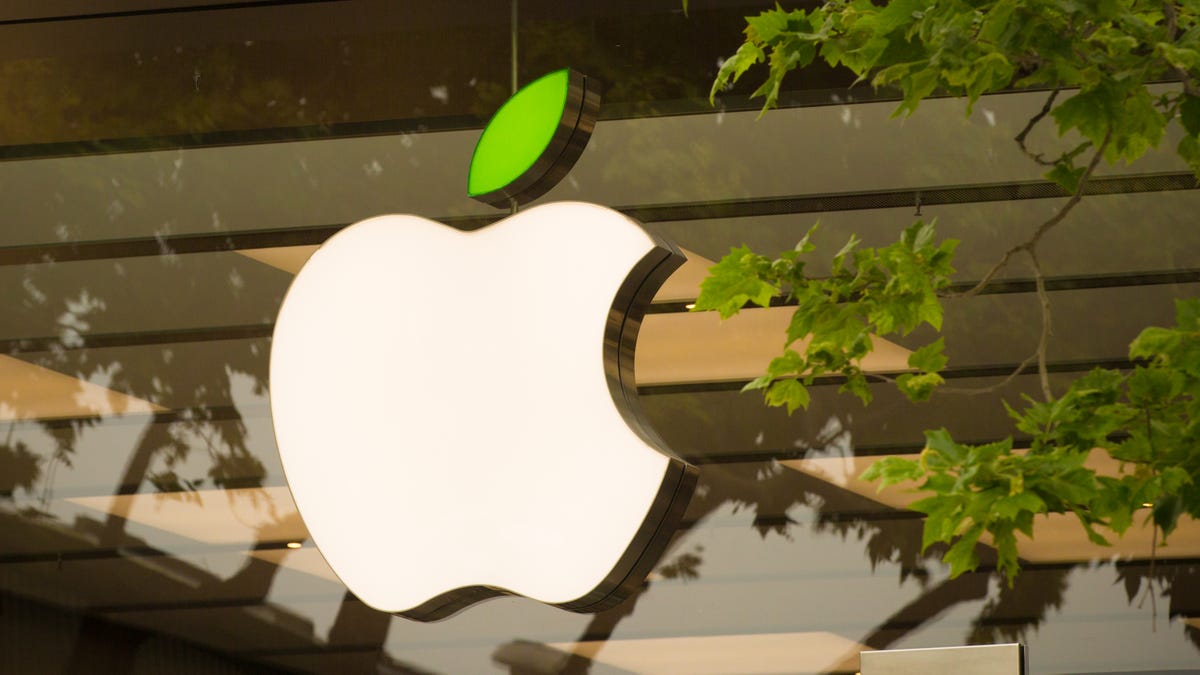Apple sales drop as iPhone shipments decline for first time ever
CEO Tim Cook said the company faced "macroeconomic headwinds," which is code for having a really hard time convincing people to buy iPhones, iPads and Macs.
It finally happened.
Apple on Tuesday reported its first-ever drop in iPhone sales, with fiscal second-quarter unit shipments down 16 percent to 51.2 million. That's lower than the 61.1 million the company sold the same time last year, though it is in line with the 51 million analysts expected Apple to sell in the three months ended in March.
Even worse, the company said sales for this quarter may fall double-digits yet again. Apple's targeting sales between $41 billion and $43 billion for the three months ended in June, below analyst expectations of $47.3 billion.
Apple shares dropped more than 6 percent in late trading.
Tim Cook, Apple's CEO, said the company is struggling to keep up its historically massive growth, though he insisted the company's future is still bright.
"Our product pipeline has amazing innovations in store," he said.
Beyond the fluffy language, the bottom line is that this is shaping up to be a tough year for Apple. On paper anyway.
Even if it sells a lot of iPhones, Cook has to deliver more -- as in sell even more phones than it did at the same time a year ago. Apple makes more than two-thirds of its revenue from the iPhone, so having sales rise is an important metric for success.
The problem is that people just aren't excited by phones like they used to be. New phone releases, once the talk of the town, are now routine. And in places like the US, everyone who wants a phone has one.
The economy has also been tough in countries like China, one of Apple's most important markets. Cook has tried to expand beyond the iPhone with new gadgets like wearables and services for streaming music, but the markets of opportunities for those new products won't deliver as much profit as the iPhone.
Apple knows this, and so to appease investors it's giving them more money. Apple's board increased its quarterly dividend by 10 percent to 57 cents per share. The company also plans to buy back more shares, increasing its spending by 25 percent to $175 billion.
Still, the debate rages: Is the the beginning of the end or merely a blip in Apple's unprecedented rise?
"While Wall Street was disappointed with Apple missing core revenue and earnings numbers, we aren't talking about a company in trouble," said Patrick Moorhead, head of research firm Moor Insights & Strategy.
What goes up must come down?
Nearly everything at Apple has fallen. Total revenue for the company though fell to $50.6 billion and profit was $1.90 a share. Analysts polled by Thomson Reuters were expecting a profit of $2 per share on sales of $52 billion.
That translated to the iPhone's noteworthy first-ever fall but the company's other products aren't doing much better.
Sales of the iPad dropped 18 percent to 10.3 million units, the ninth time in a row that sales of Apple's tablet have dropped from the previous year. Apple says the iPad's sales will begin to rebound, thanks to the new iPad Pro, which works with specialized keyboards and stylus pencils to help people do work. In the meantime, the Mac saw sales drop nearly 12 percent to 4 million units.
Apple doesn't report how well its year-old Apple Watch performs, but Cook said sales "met our expectations," without more explanation. That could be taken to be a bad thing, but he then telegraphed the device still shows promise.
"We started shipping Apple Watch just one year ago in it has quickly become the best-selling and most loved smart watch in the world," Cook said, adding the watch's sales tallies over its first year exceeded sales of iPhone in its first year.
That wasn't enough to bolster the rest of Apple's results though. Sales in nearly every geography the company reports fell. In the Americas, sales fell 10 percent to $19 billion. Sales in Europe fell 5 percent to $11.5 billion. The Asia Pacific region notched a 25 percent drop to $3.2 billion. And revenue in Greater China fell 26 percent to $12.5 billion.
The only region that saw sales grow was Japan, though it's the company's second-smallest market.
One bright spot was Apple's "services," such as its AppleCare warranties, Apple Pay and Apple Music, which notched 13 million paying subscribers. Overall, those parts of its business rose 20 percent to nearly $6 billion.
Also, the company counted $233 billion in its coffers, which is more than the GDP of the entire country of Portugal.




